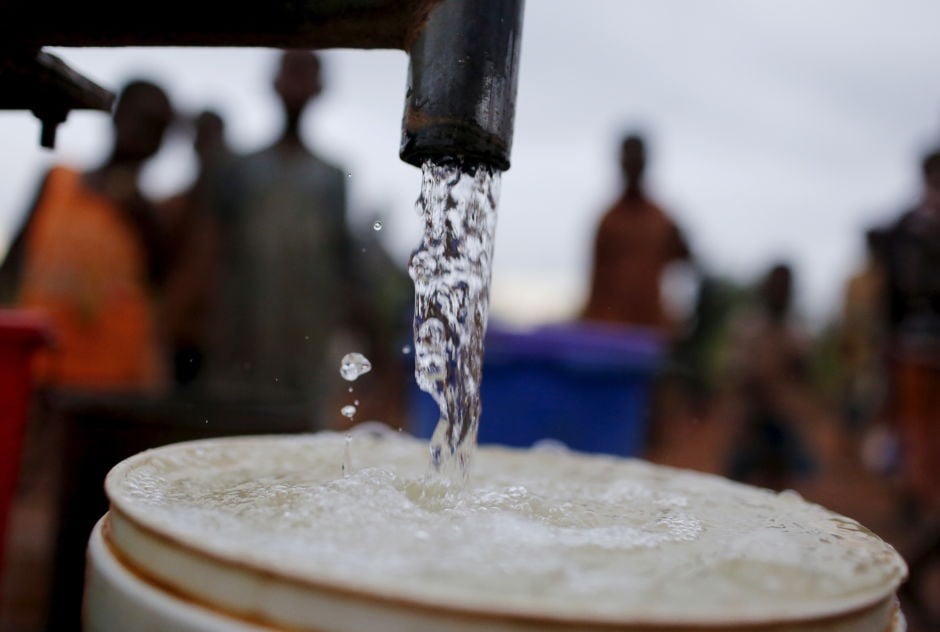As Karachi prepares for Eid ul-Fitr, residents grapple with severe water shortages across the city, with no respite expected during the festive period. According to a report by Dawn, water supply through bowsers will remain suspended for the next two days, exacerbating the crisis in key areas like Defence Housing Authority and Clifton, where residents rely heavily on these deliveries for potable water.
Complaints have surged from various parts of Karachi, attributing the water scarcity to Karachi Water and Sewerage Corporation (KWSC), alleging increased misery during Ramadan. While KWSC spokesperson assured special arrangements for water supply and drainage, mechanical activities and maintenance work have disrupted the supply in many areas, as stated by the official.
Despite claims of normal pumping station operations and daily supply of 520 million gallons from Dhabeji Pumping Station, residents refute the assertions, highlighting the absence of water flow through main pipelines for days. Forced to turn to the burgeoning water tanker mafia, residents face exorbitant prices, with costs soaring to PKR 5,000 to 6,000 for a 2,000-gallon tanker, a drastic increase from PKR 2,000 previously.
The water shortage extends to district central, where residents accuse diversion of water meant for the district to other regions of Karachi. Sakhi Hasan Hydrant’s closure for three days due to water scarcity has further strained the situation, compelling residents to seek alternative water sources.
While water utility officials cite logistical challenges and Eid festivities for the suspension of tanker services, residents decry the collusion between the water tanker mafia and authorities, alleging profiteering during religious festivals. With official hydrants shutting down tanker operations for Eid celebrations, residents face prolonged water scarcity, amplifying their struggles amid festivities.
As Karachi grapples with this perennial issue, the immediate future remains uncertain, with residents and authorities locked in a cycle of blame and contention. The plight of Karachi’s residents underscores the urgent need for comprehensive measures to address the city’s chronic water woes, especially during critical periods like Eid ul-Fitr.






